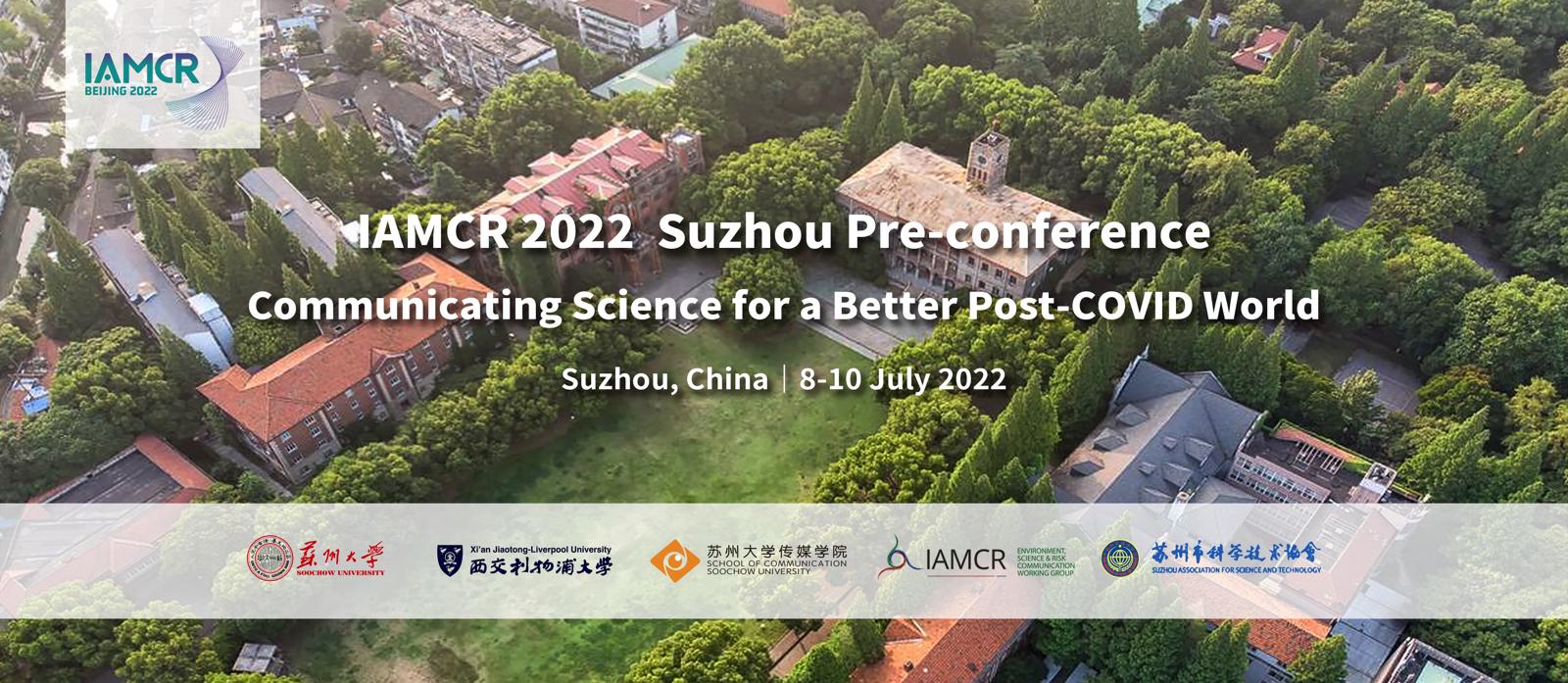Introduction and Research questions
Depression is a prevalent mental illness that affects 5.0 percent of adults (WHO, 2021). According to the World Health Organization, depression may become the world's most common ailment by 2030 (WHO, 2016). In China, more than 95 million people suffer from depression, with women accounting for 65 percent of the total (Huang, Wang, Wang, 2019). Furthermore, depression is a type of social affective disorder (Kleinman, 2008), as the suffering experienced includes not only the sickness itself, but also the stigma associated with mental illness and social exclusion. In this context, depression virtual communities can empower depressed people (Houston, Cooper, Ford, 2002) by enabling sharing experience, asking advice and exchanging support (Sugimoto, Sayaka, 2013). According to media compensation theory, some media can be employed to compensate for the needs that are impossible to meet in offline activities (Wang, Shi, 2021) .Therefore, we conceptualize media compensation as one of factors motivating depressed patients to engage in virtual communities.
Recent studies have also examined the active media use of depressed patients, such as the types (Sun, Kang, 2022) and effects (Smit, Vrijsen, Groeneweg, 2020) of social support as well as depression identification based on mining of online information (Choudhury, Count, Horvitz, 2013). Noticeably absent from the extant literature is a discussion on in what ways do patents’ subjective needs and the enabling functions of virtual communities contribute to the practice of media compensation. To fill this gap, this study investigates the drivers, process, and consequences of compensation practices of depressed patients, based on the research of the Douban group of "philosophical therapy of depression", a typical depression virtual community in China. In sum, this study addresses the following questions:
(a) What kind of practical demands acting as internal motivators for depressed patients to participate in the virtual community?
(b) How is media compensation negotiated through the interplay of the active users and the enabling functions of virtual communities ?
(c) Is it possible for users with depressed patients as the main body to address needs and achieve self-empowerment through media compensation?
Methodology
This study used mixed research methodologies after obtaining a dataset of 41599 posts from a popular online depression community. To begin, we figured out the type and theme of media compensation through building an LDA theme model. Second, we investigated the practical demands of patients as well as the possible functions of virtual communities based on participatory observation and in-depth interviews. Finally, we used social network analysis and emotion analysis to get insight into members' positions, postings' emotional tendencies, and the relationship between the two, in order to evaluate the compensation results holistically.
Results and conclusions
It is found that social recognition, emotional support and therapeutic information constitutes the internal driving force for patients to join the virtual community. During this process, social compensation presents as a reflexive process from conscious self-awareness to social acknowledgment; emotional compensation involves mutually beneficial communication based on empathic concern and social exchange; and information compensation tends to be ritualized by constructing the imaginary community sharing common needs. However, as a result of compensation practices, users are likely to leave, oppose, or even pay the price, which can be ascribed to the differences in users' unique situations and subjective initiative under the practice framework constructed by media technology. To recapitulate, the two-way character of media compensation is mirrored in the dynamic connection between community members with depressed patients as the main body, as well as the mutual construction of people and technology.
Implications
Given that virtual community is a compensation way to augment actual needs not a replacement for real community (Bakardjieva , 2003), we need to systematically investigate how they utilize the Internet, as for whether users can realize compensation motivation. Aside from patient initiative, patient groups and the general public as supporters and observers, as well as virtual communities as empowerment tools, all play an essential role in a successful media compensation practice.
References
1.World Health Organization. Media Center: Depression. September 13, 2021. Available online: https://www.who.int/zh/news-room/fact-sheets/detail/depression (accessed on 1 March 2022).
2.World Health Organization. Depression: A Global Crisis[R]. 2012.
3.Houston T K, Cooper L A, Ford D E. Internet support groups for depression: a 1-year prospective cohort study[J]. American Journal of Psychiatry, 2002, 159(12): 2062-2068.
4.Sugimoto, Sayaka. Support Exchange on the Internet: A Content Analysis of an Online Support Group for People Living with Depression[D]. University of Toronto (Canada), 2013.
5.Sun S J, Kang J S. Health communication from the perspective of social support: An Empirical Study of patients' online community [J] Journal of Shanxi University (PHILOSOPHY AND SOCIAL SCIENCES EDITION), 2022, 45 (01): 66-73.
6.Smit D A, Vrijsen J N, Groeneweg B, et al. A qualitative evaluation of a newly developed online peer support community for depression: Depression Connect[J]. 2020.
7.De Choudhury M, Counts S, Horvitz E. Social media as a measurement tool of depression in populations[C]Proceedings of the 5th annual ACM web science conference. 2013: 47-56.
8.Wang K X, Shi M S.Media compensation: theoretical tracing and research path [J]. Journal of global media, 2021, 8 (06): 69-84.
9.Huang Y, Wang Y U, Wang H, et al. Prevalence of mental disorders in China:a cross-sectional epidemiological study[J]. The Lancet Psychiatry,2019,6(03): 211-224.
10.Arthur Kleinman. Social Origins of Distress and Disease[M]. Shanghai: Shanghai Sanlian Bookstore, 2008.
11.Bakardjieva M. Virtual togetherness: an everyday-life perspective[J]. Media, culture & society, 2003, 25(3): 291-313.

 京公网安备 11010802039275号
京公网安备 11010802039275号